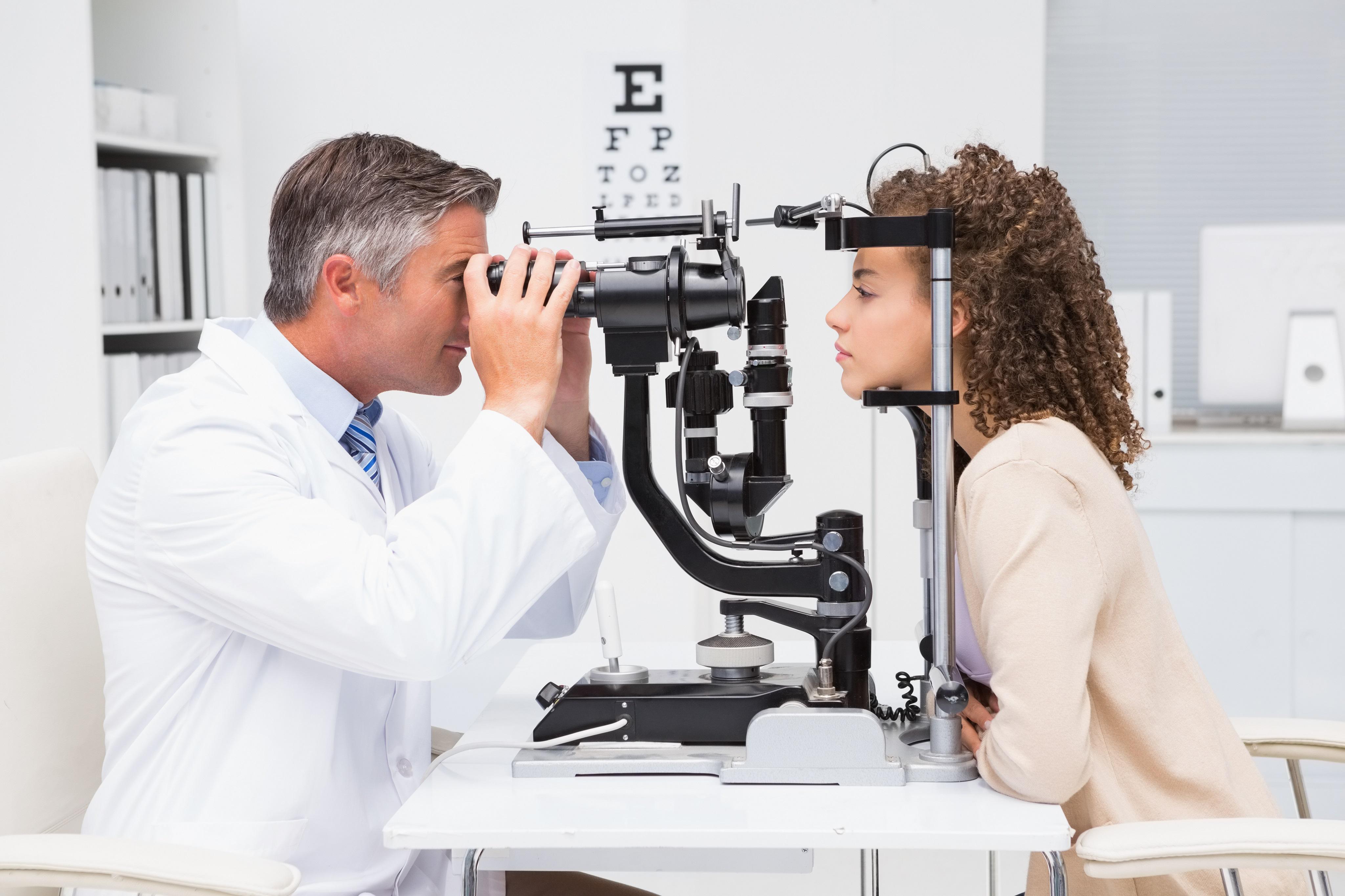All Categories
Featured
Extended exposure to ultraviolet (UV) rays can lead to various eye conditions, some of which may result in permanent damages or vision loss. Whether you're outdoors on a warm beach or taking a walk on an overcast day, comprehending exactly how UV rays impact your eyes and learning just how to secure them is crucial for preserving healthy vision.
What Are UV Rays and Exactly How Do They Effect the Eyes? UV rays are a type of undetectable radiation emitted by the sunlight. There are three kinds of UV rays:
UVA Rays: These permeate deeply right into the skin and eyes, adding to long-term damage. UVB Rays: These are extra extreme and can cause surface-level injury, such as sunburn or corneal damages. UVC Rays: These are one of the most dangerous but are taken in by the Planet's environment and hardly ever pose a direct danger. Both UVA and UVB rays can harm numerous components of the eye, including the cornea, lens, and retina.
Short-Term Results of UV Direct Exposure. Even a short duration of intense UV direct exposure can harm your eyes. An usual problem resulting from this is photokeratitis, commonly defined as "sunburn of the eye." Symptoms include:
Unpleasant or red eyes. Sensitivity to light. Too much tearing. Short-term blurry vision. Photokeratitis is normally short-lived yet acts as a reminder of the instant dangers of UV radiation.
Long-Term Results of UV Direct Exposure. Cumulative UV exposure over time can result in numerous extreme eye problems, consisting of:

Cataracts: UV rays increase the development of cataracts, a problem where the lens of the eye comes to be cloudy, bring about vision disability. Cataracts are a leading reason for loss of sight worldwide.
Macular Deterioration: The macula, a part of the retina in charge of central vision, can be harmed by extended UV exposure, raising the threat of age-related macular degeneration (AMD)
Pterygium: Typically called "surfer's eye," this condition involves a growth of tissue on the white part of the eye, which can cross the cornea and hinder vision.
Pinguecula: UV exposure can create yellow-colored areas to base on the conjunctiva, resulting in irritability and discomfort.
Skin Cancer Around the Eyes: The fragile skin bordering the eyes is highly at risk to UV radiation, enhancing the danger of basic and squamous cell cancer.
Protecting Your Eyes from UV Damage. The bright side is that safeguarding your eyes from UV radiation is easy and reliable. Right here are some important pointers:
Put On UV-Blocking Sunglasses. Pick sunglasses that block 100% of UVA and UVB rays. Seek labels suggesting "UV 400" security. Wrap-around styles supply added coverage, protecting against UV rays from getting in from the sides.
Use a Wide-Brimmed Hat. A hat with a large brim can block nearly 50% of UV rays, supplying additional defense for your eyes and the fragile skin around them.
Avoid Height Sun Hours. UV rays are toughest between 10 a.m. and 4 p.m. Lessen your outside exposure throughout these hours, or ensure you're effectively protected if you need to be outdoors.
Shield Your Eyes Year-Round. UV rays exist year-round, also on cloudy or snowy days. Snow, sand, and water can show UV rays, heightening their results. Make sunglasses a component of your day-to-day regimen, no matter the season.
Take Into Consideration UV-Blocking Call Lenses. Numerous contact lenses now provide UV defense, which can be an additional secure when matched with sunglasses.
Encourage Eye Security for Children. Kid's eyes are more at risk to UV damages since their lenses are clearer, allowing even more UV light to reach the retina. Guarantee they put on sunglasses and hats when playing outdoors.
Arrange Regular Eye Examinations. Normal brows through to an eye treatment expert are important for checking your eye health. An optometrist can discover very early indications of UV-related damages and advise services, such as prescription sunglasses or UV-blocking glasses tailored to your demands.
Conclusion. UV rays may be unnoticeable, however their influence on your eye health and wellness is extremely real. From short-lived discomfort to lasting conditions like cataracts and macular deterioration, the threats of UV direct exposure are too considerable to overlook. By wearing UV-blocking sunglasses, limiting your exposure throughout height hours, and organizing normal eye examinations, you can secure your vision and enjoy the outdoors securely. Keep in mind, your eyes are one of your most important properties-- take the essential actions to secure them from dangerous UV rays today.
Latest Posts
Uncover the Best Auto Repair Deals in Montclare, Chicago
How to Know When Your Car Needs Skilled Auto Repair at Montclare Auto Repair
The Benefits of Regular Car Maintenance at Montclare Auto Repair Reduces Costs
More
Latest Posts
Uncover the Best Auto Repair Deals in Montclare, Chicago
How to Know When Your Car Needs Skilled Auto Repair at Montclare Auto Repair
The Benefits of Regular Car Maintenance at Montclare Auto Repair Reduces Costs